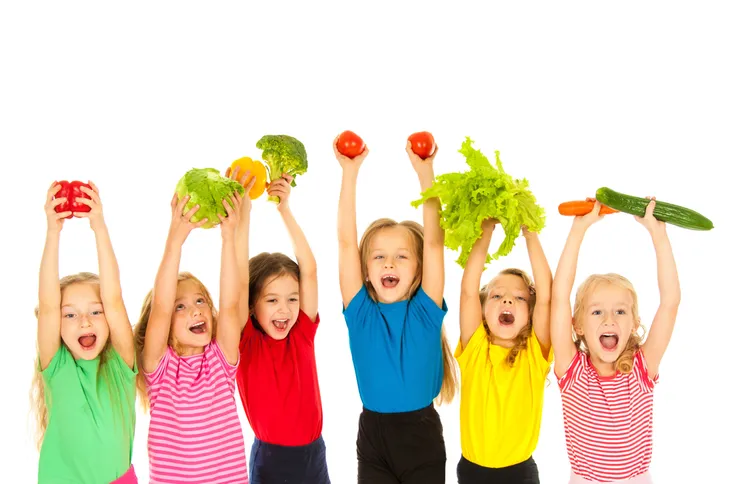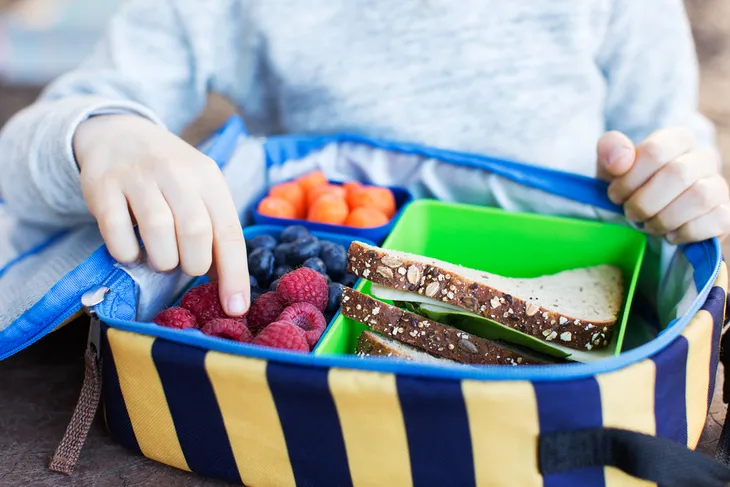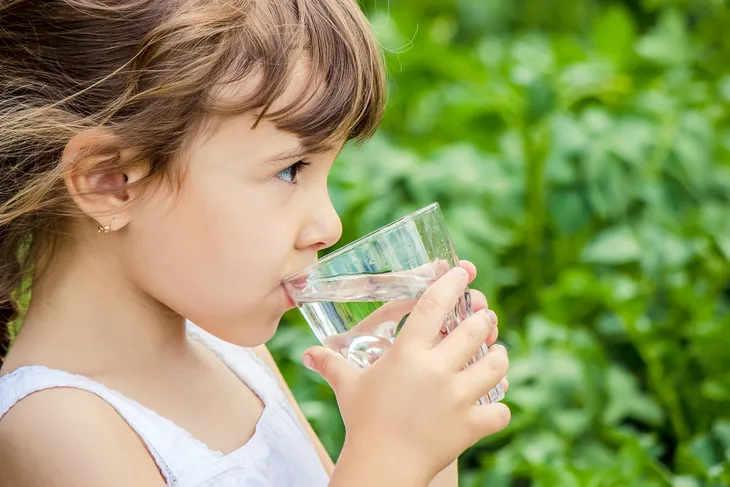All kids need a healthy and balanced diet, but for active kids, it’s especially important to ensure they’re getting the right fuel their body needs to be on top of their game. Whether playing soccer or football, dancing or karate, swimming or track and field, the right kind of food and beverages can help your child become a better athlete.
Offering the right mix of carbohydrates, protein, fat, vitamins and minerals are essential. If you’re trying to nurture an active kid, here are five tips to help them train like a pro…
Essential Vitamins and Minerals
Two important nutrients for kids—especially athletes are calcium and iron. Calcium helps to build strong bones, which can help prevent breaks during heavy strain of physical activity. Dairy products like cheese, milk and yogurt are an excellent source of calcium, but another good source is dark, green leafy vegetables.
Iron can be found in meat, fortified cereals and beans. Without iron, kids get tired more easily. Iron is especially important for young adolescent girls who have gotten their periods because they lose iron every month through their menstrual cycle.
Portable Nutritious Snack
A busy schedule of games, practices and lessons can often mean missing sit down meals at home. Avoid the fast food trap by preparing portable and healthy snacks to fuel your pint-sized athlete. Because kids are still growing, a balanced diet is essential. Do not replace healthy meals and snacks with protein bars and shakes.
Hard boiled eggs, veggies and hummus, nuts, fresh fruit, and lean meats like chicken or whole grain breads are all great options. You can pack an insulated lunch bag to keep sandwiches fresh for a pre-game snack. If you’re going to offer your kids a snack before a game or practice, make sure it’s 2-hours prior. If your child eats right before exercising, their bodies will burn energy digesting food instead of fueling the activity.
Hydrate, Hydrate, Hydrate
You’ve probably watched professional athletes drinking before, during, and after the game to stay hydrated. When exerting energy, the body produces sweat to cool down, but losing too much water can cause dehydration. Once your body is dehydrated, you become sluggish and you won’t perform well.
Don’t wait until your child complains that they’re thirsty. Just like the professionals, they need to drink frequently. Water is the best choice to stay hydrated, but if your kids need a little flavor, try lemon or lime infused water. Avoid sugary drinks like juice, pop and energy drinks.
Avoid Dieting
Whether your child is an athlete, fairly active or just enjoys playing a game of catch, diets should not be encouraged. While certain sports encourage a specific body type like gymnastics or dance, kids are still growing and diets can adversely influence their growth.
A balanced diet can provide all the nutrients and protein a child’s body needs to stay active and healthy. Don’t allow your child to skip meals, fast, or eliminate certain food groups. Fast food and treats can still be enjoyed in moderation, but a healthy diet enjoyed by the whole family will help lay the groundwork for an active and healthy lifestyle.
Encourage Rest and Relaxation
A growing body needs sleep to recharge. The required duration of sleep can vary depending on the age of your child and how active they are, but for school aged children, it’s recommended that they get 10- to 11-hours of sleep at night.
Sleep deprived kids can become cranky, irritable, and hyper and for kids who are active, they won’t be rested for the big game. Aside from sleep, taking a day to relax is important to allow their bodies to rest. A day off from strenuous activity will prevent injury and allow them to focus on just being a kid.







